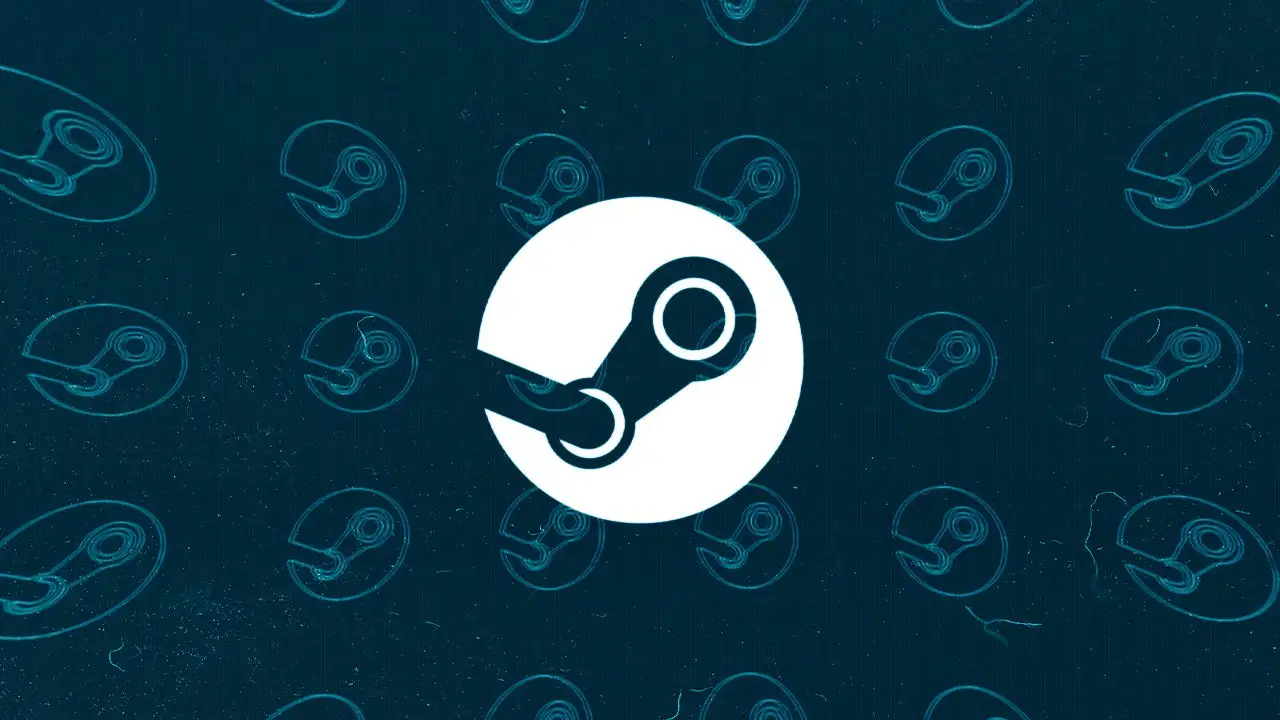Steam's Oldest User Accounts Turn 20, Valve Celebrates With Special Digital Badges - IGN
Steam's Oldest User Accounts Turn 20, Valve Celebrates With Special Digital Badges - IGN

The very first Steam user accounts are officially 20-years-old this week, and Valve is celebrating by handing out special digital badges to the oldest members of the community, featuring the storefront's original green aesthetic.

Some of Steam’s oldest user accounts are turning 20-years old this week, and Valve is celebrating the anniversary by handing out special digital badges featuring the original Steam colour scheme to the gaming veterans.
Steam first opened its figurative doors all the way back in September 2003, and has since grown into the largest digital PC gaming storefront in the world, which is actively used by tens of millions of players each day.
“In case anyone's curious about the odd colours, that's the colour scheme for the original Steam UI when it first launched,” commented Redditor Penndrachen, referring to the badge's army green colour scheme, which prompted a mixed reaction from players who remembered the platform's earliest days. “I joined in the first six months,” lamented Affectionate-Memory4. “I feel ancient rn.”
